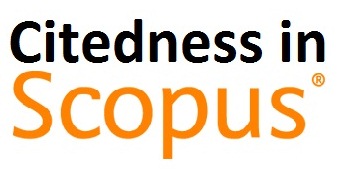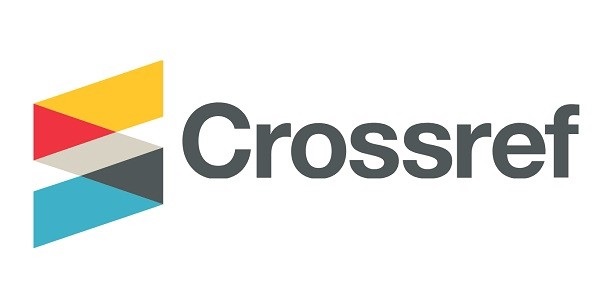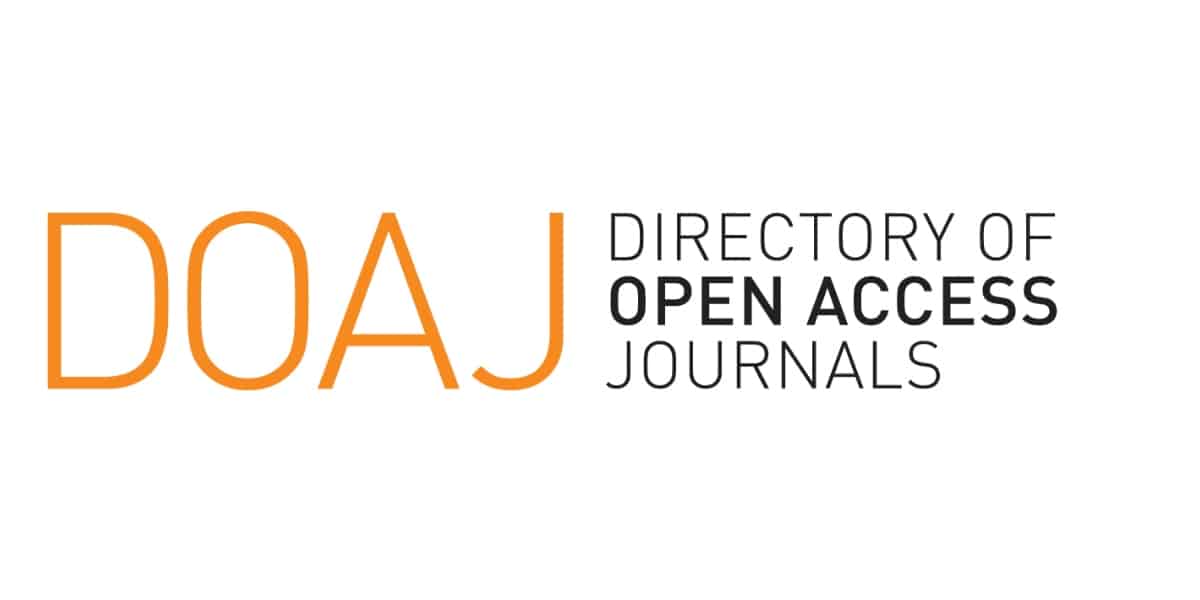MODEL MODEL ALOKASI DANA PEMERINTAH DAERAH UNTUK FASILITASI PELAKSANAAN PASAR LELANG KOMODITAS FORWARD: STUDI KASUS
Abstract
Magetan district at East Java is one of local government that support their farmer to participate in forward auction market in order to expand its marketing network. The implementation of the commodity auction market is divided into three main processes, i.e. pre-auction, auction, and post-auction. Problem mapping was done by spreading questionnaires on 37 respondents, interviews in related government officer, and benchmarking on commodity auction organizers. There are many problems faced by farmer and forward auction market organizer. Government that have the role of facilitator and catalyst need to carry out such some improvement activities to increase the efficiency of the commodity distribution. However, the local government need a tool to determine fundal location for facilitating farmer and actionorganizer. In this study, we solvedtheproblem with approaches: the initialidentification, mappingproblems; the hypothesis of suggestion of improvement; model development; and finally makes verification and validation using expert justification. This article aimed to formulate alternative solutions to overcome problems in the implementation of the auction market and formulate a model of government fund allocation. Goal programming was developed to solve problems with multiobjective functions. The model used four performance criteria, i.e.risk level, incentive value given by government, benefit value, andfarmer level skill. The results showedthat the model was able to provide optimal fund allocation by minimizing the level of risk and incentive value and maximizing the value of the benefits and skills of farmers.
Keywords: commodity auction market, fund allocation, goal programming

_page-00013.jpg)







_(1).png)

